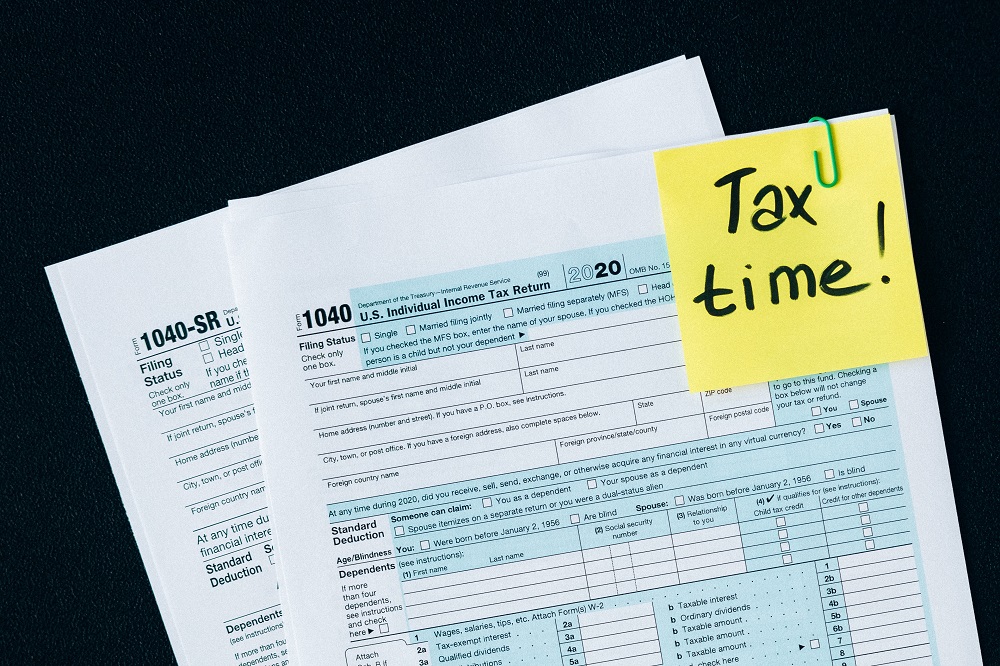It is easy to let family spending get out of control. Credit card spending in particular is a major source of trouble for many families. If you have fallen behind on payments and worry about how this will be reflected on your credit reports, it’s time to stop worrying and find out. You can take charge of your credit reports and you can improve your credit rating.
What is a Credit Report? Your credit report is your basic financial report card. It contains a list of all the debts you have and shows their status, whether they are paid on time or are late, and what the total balance and monthly payments are.
When you apply for a mortgage, car loan or credit, the creditor looks at your report to determine whether you are able to take on more debt and what kind of a risk you will be. Potential employers and landlords can also obtain your credit report. Potential creditors can also include things like private schools, so your credit report has a potentially huge impact on your family.
How Can You See Your Credit Report? There are three main credit reporting agencies. You’re entitled to one free credit report from each agency per year. You can access it at www.annualcreditreport.com. It’s a good idea to obtain a report from each one, since they often contain different information. If you are married, you and your spouse will have different credit reports, so it is important for both of you to get your reports.
Why Should I Get My Reports? The reports often contain outdated or incorrect information. Your credit report may list a student loan that you paid off as still having a balance. It may also list an account that isn’t yours. If you get a copy of the report, you can get these errors corrected and improve your overall credit rating. You may also be surprised to find that your credit report contains open, zero-balance accounts you forgot you had.
What Do I Look For? Credit reports can be confusing and hard to read. First, check to make sure that your current address and personal information is correct. Check the list of previous addresses for errors. Next, you need to compare the report to your own financial records. Are the account numbers correct? Are the balances correct? If late payments are reported, is this information correct? Do you have accounts that you pay on time that are not listed at all?
How Do I Get it Fixed? You can contact the company that prepared the report, notifying them of the mistake and giving them the correct information. The credit reporting agency must perform an investigation. It may take several letters and phone calls to get the errors corrected.
What is a Credit Score? A credit score or credit rating is like an overall grade for your credit report. It sums up your general status and categorizes your ability to pay on time and your ability to afford more credit. You are not entitled to receive your credit score for free each year, but you can obtain it for a small fee from each agency. Your scores can vary, because each agency has slightly different information.
What Else Can I Do? You can add a written statement to your credit report that offers an explanation, for example, if you or your spouse were ill or out of work, you can give this explanation to help potential creditors understand why there may have been some problems with payments. You can also ask that accounts that do not appear on the report be listed. If you’ve paid them on time, this can help your credit score.
You can also work on reducing and paying down your overall debt. The less debt you have, the better your credit report will appear. It is also possible to make deals with your creditors to reduce your balances. Negotiate with them. Creditors much prefer some money in their hand today rather than the promise of full payment in the future.
You can also improve your credit report by closing accounts you don’t use if you have many of them. Many people open store credit accounts to get special incentives, such as a free gift or one-day discount and then never use them again. These accounts remain open and appear on your credit report. Your credit limit is listed and a potential creditor looking at your credit report will be alarmed if you have a lot of available credit — you could go out tomorrow and charge $30,000 and then have trouble meeting all of your credit payments. However, you do want to keep some unused credit open since it improves your debt-to-credit ratio (amount of debt you have compared to the amount of credit you have open).
The best way to repair your credit is to limit your use of credit, so that you have very little outstanding debt. Credit should be a convenience, not a license to spend.
Where Do I Get Help? There are many scams that promise to completely repair your credit. There is no quick fix and if something sounds too good to be true, it probably is. Avoid any company that asks for money up front, does not give you a statement of your rights or that suggests you alter your name, address or social security number. These techniques are illegal and will get you in trouble should you try them.
Consumer Credit Counseling is a nationally known organization that can help you. Other organizations can provide assistance, but this is the best known.
It’s a good idea to get your credit report every year and keep it updated. Since it can take two to three months to get errors corrected, you don’t want to try to fix them when you want to apply for a mortgage, car loan or private school for your child. Keeping your credit report up-to-date will keep your family in good financial health.
Brette McWhorter Sember is an attorney and author of The Complete Credit Repair Kit (Sphinx Publishing, $19.95).






